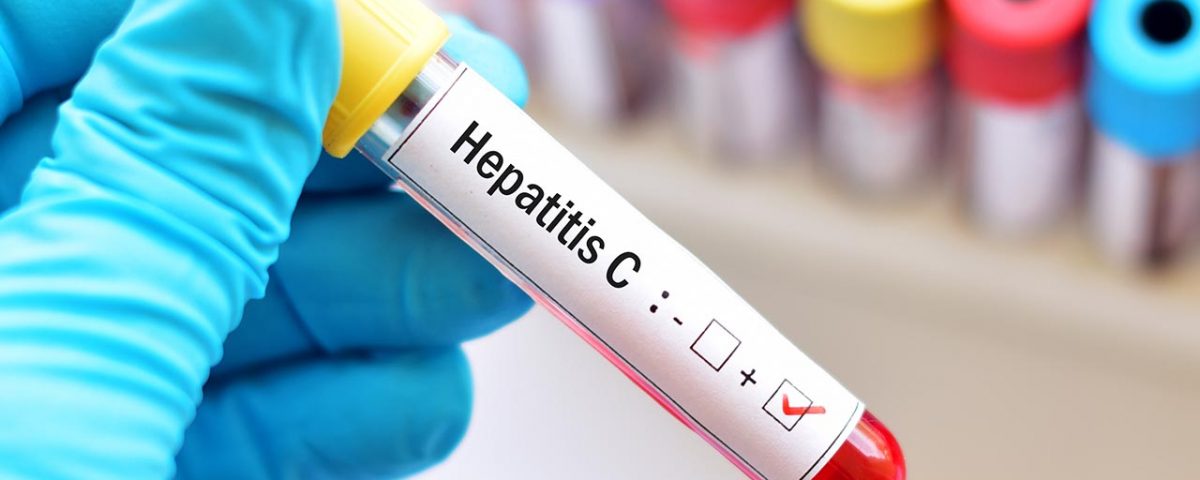Hepatitis C, also known as Hep C and HCV, is a severe infection of the liver caused by the Hep C virus.
Generally, those with Hep C don’t have any symptoms at all, especially early in their infection. This means that people may unknowingly pass their HCV virus to another person by sharing needles to use IV drugs, sharing personal items that may have blood on it, or getting tattoos in a non-sterile environment.1 Users of IV drugs are especially susceptible to contracting Hep C.
Historic Transmission of Hep C
In the past, hep C has been an infection that mainly affects older Americans, those born between 1945 and 1965. 2 This was because old practices for blood transfusions and organ donations, for example, were not screened as strictly as they are now. In fact, before 1992, blood transfusions weren’t screened for Hep C, which means that many Baby Boomers and older generations were exposed to HCV through medical procedures that would be considered unsanitary by today’s standards. 1Rising Hepatitis C Cases in Massachusetts
Today, younger people are contracting hepatitis C in Massachusetts. The Massachusetts Department of Public Health reports that each year, 7,000-9,000 new cases of Hep C are reported every year. 2 The number of HCV cases is growing, and those being diagnosed are younger than Baby Boomers. IV drug use is the culprit behind the increase of Hepatitis C cases in Massachusetts. As more people struggle with heroin addiction in Massachusetts, the cases of HCV will likely continue to rise.There’s a strong connection between IV drug use and Hep C, and this connection is what’s fueling the hep C growth in Massachusetts. People often use unclean needles and even share needles with others, and this type of activity spreads the bloodborne Hep C from one person to the next. As IV drug use continues to grow as a problem in Massachusetts, HCV diagnoses will likely continue to rise.
Treating Hep C in Massachusetts
It’s not all bad news, though. Hep C is very treatable, especially if noticed early on. The problem is, Hep C is generally symptomless, and symptoms only appear within 6 weeks or even 6 months after a person is infected.1 The key to preventing lifelong liver disease from hep C is to get screened regularly, especially if you are at risk due to IV drug use. Getting sober from IV drug use can help protect you from future risks of infection.If you need help guiding a loved one towards sobriety, call our team at Banyan Treatment Centers Massachusetts to learn more about our programs for addiction treatment and recovery.
Call 888-280-4763 to learn how to plan an intervention and get your loved one the treatment they need.
Sources:
- Gov - Fact sheet about Hepatitis C
- Massachusetts Department of Public Health - Hepatitis C in Massachusetts Epidemiology and Public Health Response








